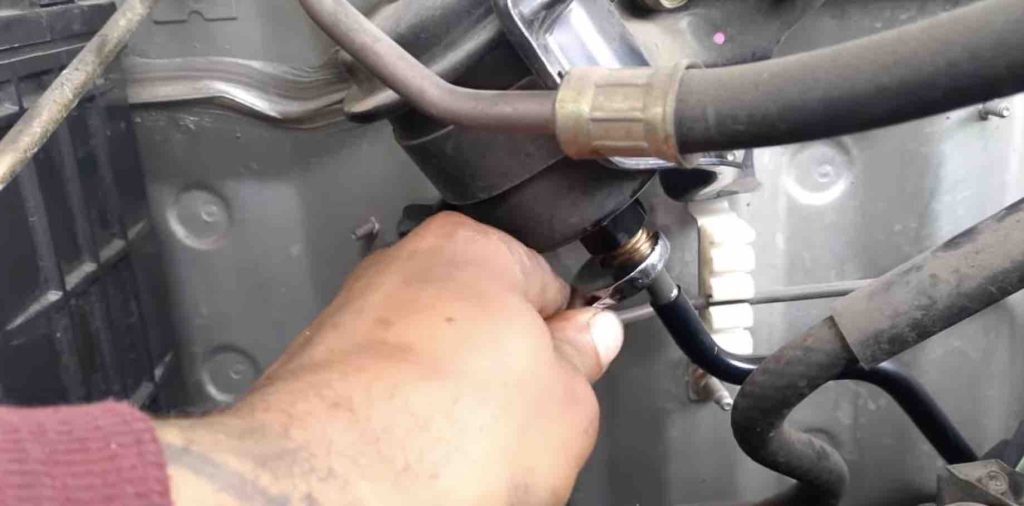What happens when you unplug fuel pressure regulator? In this article, we’ll explore What Happens When You Unplug Fuel Pressure Regulator. A fuel pressure regulator plays an essential role in keeping your engine’s fuel system functioning optimally – but what happens if you decide to remove it? I think we should find out together.

What is a fuel pressure regulator?
Before we discuss what happens when you unplug your fuel pressure regulator, let’s quickly review its function. A fuel pressure regulator is an electronic device located on the engine’s fuel rail that regulates fuel pressure according to vacuum signals from the engine. A properly functioning fuel pressure regulator ensures your engine receives just the right amount of fuel at precisely the correct pressure – essential for optimal engine performance.
So What Happens When You Unplug the Fuel Pressure Regulator?
Unplugging your fuel pressure regulator is like disconnecting it from its system. Depending on whether your car is a fuel-injected or carbureted vehicle, this could have several adverse effects on your car engine performance.
Here are the 2 things or What Happens When You Unplug Fuel Pressure Regulator
1. Fuel-Injected Vehicles
In fuel-injected vehicles, the fuel pressure regulator is an essential element of the system and unplugging it can have severe repercussions. Without this signal from the regulator, the engine computer may enter default mode and assume there’s low fuel pressure so they increase supply to compensate. As a result, engine running rich can occur which means burning too much fuel and producing excess emissions; additionally, fouled spark plugs could lead to misfires or engine damage – leading to costly repairs or replacement expenses.
2. Carbureted Vehicles
In carbureted vehicles, the fuel pressure regulator is less important. Unplugging it will result in an endless supply of fuel to the engine – similar to fuel-injected cars but without as severe consequences due to carbureted engines being less sensitive to changes in pressure.
Is Unplugging the Fuel Pressure Regulator Safe?
Unplugging the fuel pressure regulator is technically possible, but should never be done intentionally. Unplugging can cause major issues with your engine performance such as excess emissions, misfires and engine damage if done incorrectly. Furthermore, unplugging could pose safety risks if not done correctly since pressurized fuel systems could burst if incorrectly disconnected leading to injury or fire hazards.
Conclusion
Unplugging the fuel pressure regulator can have significant implications for your engine performance, depending on whether you drive a fuel-injected or carbureted vehicle. Although it’s technically possible to unplug it intentionally, do so at your own risk. If there are problems with your regulator, consult an experienced mechanic who can accurately diagnose and repair them.
